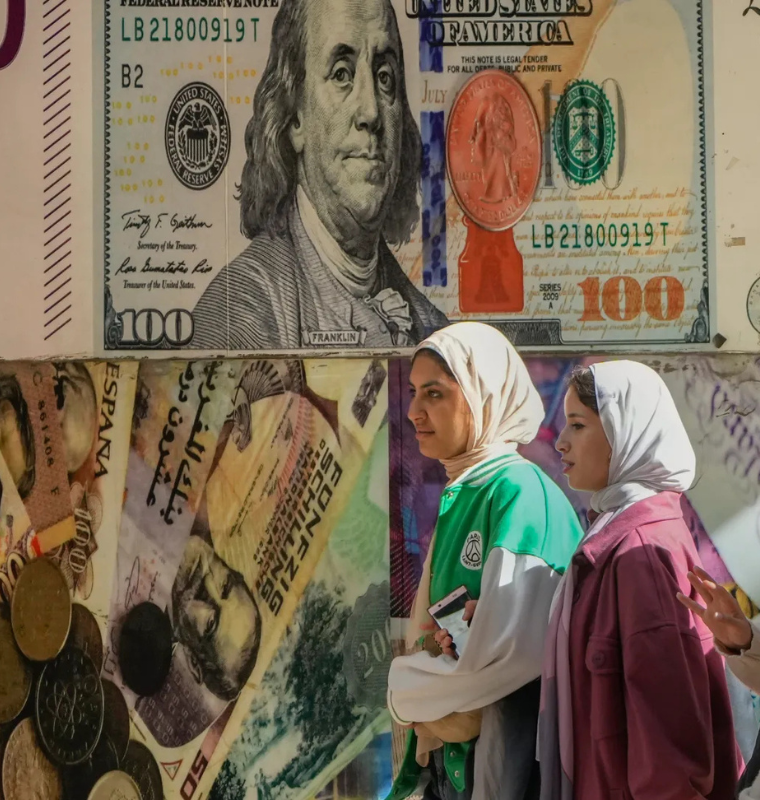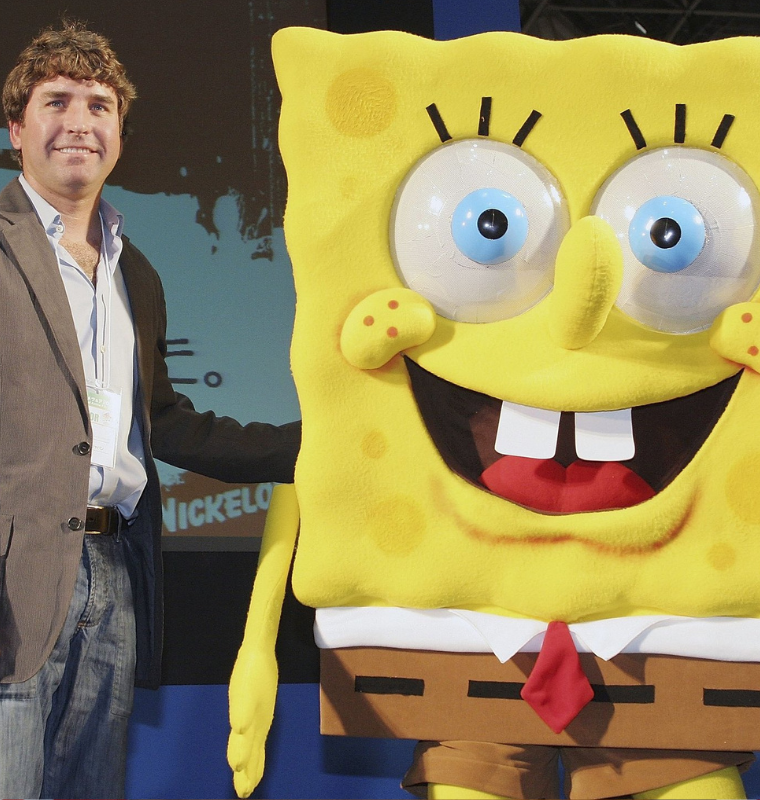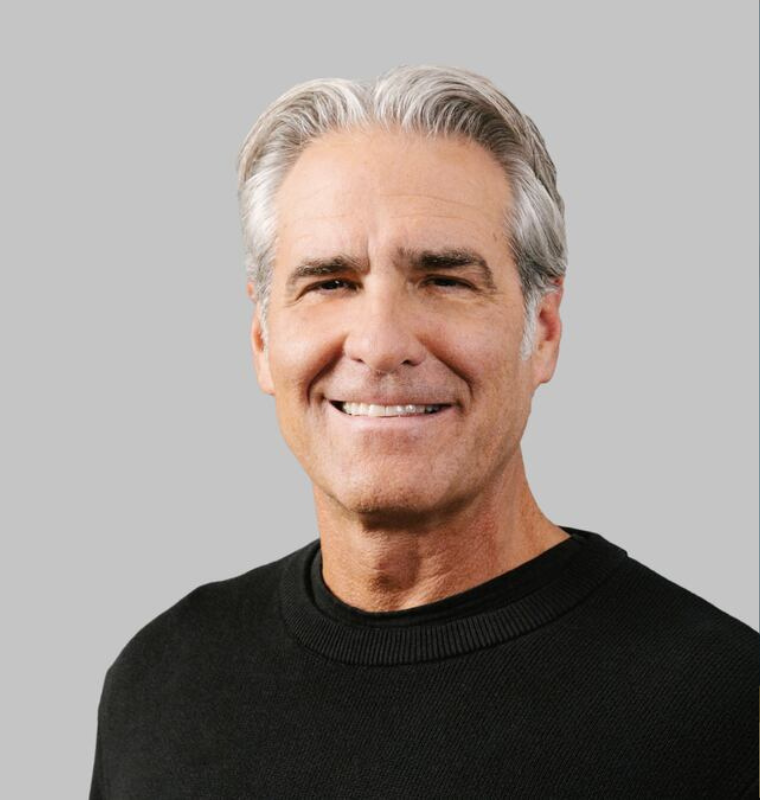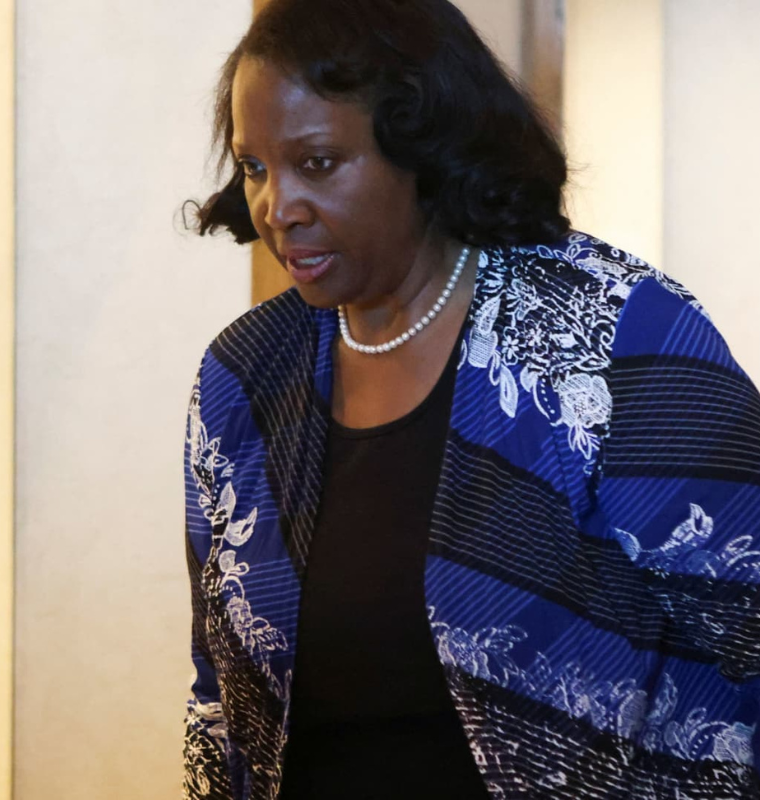Palestinian Activist Files $20 Million Claim Against Trump Administration Over ICE Detention
Palestinian Activist Files $20 Million Claim Against Trump Administration Over ICE Detention
By
Junia Wells
Last updated:
July 11, 2025
First Published:
August 3, 2025

Photo: CNN
A Father’s Ordeal: From ICE Detention to Legal Battle
On a quiet afternoon in his Manhattan apartment, Mahmoud Khalil cradled his newborn son, Deen, reflecting on a far different moment — pacing alone in a freezing Louisiana immigration jail, awaiting news of his son’s birth hundreds of miles away. That memory now fuels Khalil’s legal pursuit of accountability.
The 30-year-old Palestinian activist and Columbia University graduate has filed a $20 million federal claim against the Trump administration, asserting he was unlawfully detained, maliciously prosecuted, and publicly vilified for his outspoken activism, particularly regarding pro-Palestinian campus protests.
“I cannot describe the pain of that night,” Khalil said, referring to the hours spent in detention as his son was being born. “This is something I will never forgive.”
Legal Action and Demands for Accountability
Khalil’s legal team filed a claim under the Federal Tort Claims Act, targeting the Department of Homeland Security (DHS), Immigration and Customs Enforcement (ICE), and the State Department. The case could become one of the most visible legal challenges to the Trump-era approach to immigration enforcement and dissent suppression.
“This is just the first step of accountability,” Khalil told NBC News. “They have to pay — either in dollars or in truth.”
Khalil stated he would also accept a formal apology in lieu of financial compensation, emphasizing that his goal is not personal gain but justice.
“It’s either the $20 million or an official apology. I want real accountability for the malicious prosecution and political targeting I endured,” he said.
Night of Arrest: “Kidnapped by Plainclothes Agents”
Khalil says the ordeal began on March 8, as he and his wife were returning home from dinner. He was abruptly arrested by plainclothes federal agents, who allegedly refused to show a warrant and appeared unaware he was a legal U.S. permanent resident. He was then transported overnight to a remote ICE detention center in Jena, Louisiana — a location reportedly kept secret from his attorneys and family.
During his 104-day detention, Khalil says he:
- Was denied ulcer medication
- Slept under harsh lights
- Lost over 15 pounds due to near-inedible food
- Was isolated without adequate communication
Political Repercussions and Public Smearing
While in custody, the Trump administration allegedly celebrated his arrest, branding him and others as part of “pro-terrorist, anti-American” protest movements. Khalil, who has consistently denounced antisemitism and violence, has never been charged with a crime, nor connected to any terrorist organization.
In fact, a memo from Secretary of State Marco Rubio reportedly admitted Khalil had committed no legal offense — but argued he should be deported for holding views that “undermine U.S. foreign policy interests.”
“My beliefs are simple,” Khalil said. “I don’t want my tax money funding the genocide of my people. That’s not terrorism. That’s conscience.”
Inside the Detention Center: Advocacy Behind Bars
Despite harsh conditions, Khalil quickly became a source of support for other detainees in the 1,200-person facility. He conducted informal “office hours,” helped fellow immigrants understand their legal rights, and translated documents — drawing on his diplomatic experience at a British embassy in Beirut.
“People on the inside don’t know if they have any rights,” he said. “That was the most heartbreaking part.”
At night, detainees played card games and exchanged stories of confusion and despair — stories Khalil now carries into the public sphere.
Judicial Victory and Ongoing Challenges
On June 20, a federal judge ordered Khalil’s release, ruling that the government’s attempt to deport him based solely on political speech was likely unconstitutional. However, Khalil now faces fresh allegations that he misrepresented details on his green card application — charges his lawyers call “retaliatory” and baseless.
He continues to be vocal about the war in Gaza, which has resulted in over 57,000 Palestinian deaths, according to Gaza’s Health Ministry. Just one day after his arrest, Khalil led a protest march through Manhattan, cloaked in a Palestinian flag and flanked by security.
“You don’t stop fighting genocide because it costs you something,” Khalil said. “This is a moral imperative.”
Government Response and Public Scrutiny
Tricia McLaughlin, a DHS spokesperson, called Khalil’s claim “absurd,” accusing him of promoting dangerous rhetoric. The State Department defended its actions as legally justified. Requests for comment from the White House and ICE remain unanswered.
Reclaiming Lost Time and Moving Forward
Today, Khalil spends his days rebuilding — cautiously re-entering public life, avoiding crowds, and cherishing time with his son and wife. But he remains committed to justice, not just for himself, but for others similarly targeted.
“This money — if awarded — won’t be mine alone,” Khalil said. “It’ll be used to support others caught in this failed effort to silence pro-Palestinian speech.”
As he held his son and poured milk into a bottle, Khalil paused to consider whether he’d have done anything differently.
“We could’ve communicated better. Built more bridges. But you can’t compromise on opposing genocide,” he said. “That’s not politics. That’s humanity.”
Popular articles
Subscribe to unlock premium content
Egypt’s Mega Projects: Ambition or Economic Miscalculation?

The Simpsons: 30+ Years of Cultural Impact and Merchandising Mastery

SpongeBob SquarePants: How a Simple Bikini Bottom Cartoon Became a Billion-Dollar Brand

Egypt’s Mega Projects: Ambition or Economic Miscalculation?

The Simpsons: 30+ Years of Cultural Impact and Merchandising Mastery

Egypt’s Mega Projects: Ambition or Economic Miscalculation?









